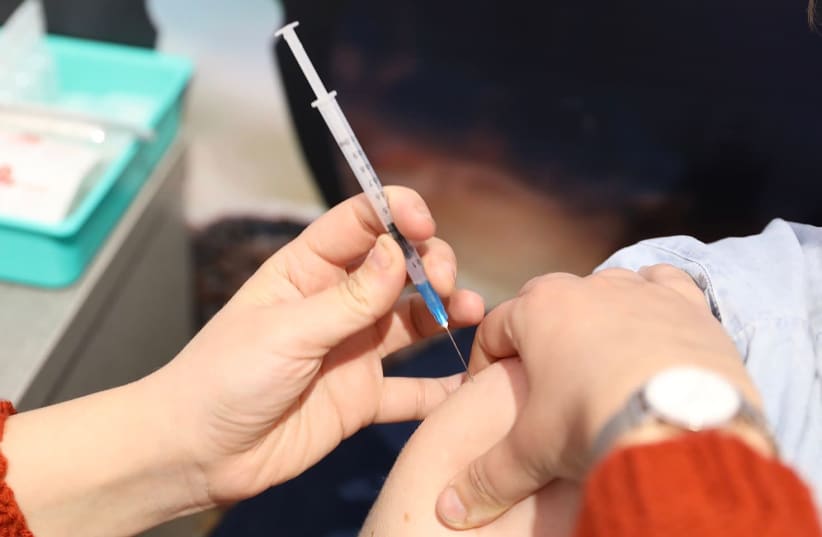ARTICLE AD BOX
“The primary way to protect children from paralysis is through the inactivated polio vaccine,” the Health Ministry stated.
By AVICHAI HAIM DECEMBER 25, 2024 16:45 A coronavirus vaccine dose is seen being administered at a Meuhedet vaccination center in Jerusalem, on February 16, 2021.
(photo credit: MARC ISRAEL SELLEM/THE JERUSALEM POST)
A coronavirus vaccine dose is seen being administered at a Meuhedet vaccination center in Jerusalem, on February 16, 2021.
(photo credit: MARC ISRAEL SELLEM/THE JERUSALEM POST)
A 17-year-old in Jerusalem has been diagnosed with polio, marking a rare case of the disease in Israel. The Health Ministry confirmed the diagnosis during routine vaccinations, with verification coming from its virology lab.
Health officials have launched an epidemiological investigation to trace contacts and ensure vaccination for those who have not yet been immunized.
“The primary way to protect children from paralysis is through the inactivated polio vaccine,” the Health Ministry stated. “To prevent further transmission of the virus, maintaining proper hand hygiene is also crucial.”
Polio, an infectious disease caused by the poliovirus, can lead to paralysis and was once widespread globally. Due to decades of vaccination efforts, it has been eradicated in many regions.
The virus spreads through person-to-person contact, often via fecal-oral transmission, and multiplies in the gastrointestinal tract. Infected individuals may unknowingly transmit the virus through bodily secretions.
While most infected individuals (90-95%) are asymptomatic, some develop mild symptoms such as fever, fatigue, sore throat, and appetite loss. Around 4-8% experience meningitis, a condition that typically resolves within a few days. Less than 1% of cases progress to paralytic polio, the most severe form of the disease.
Importance of vaccination and education
The Health Ministry emphasized the importance of vaccination campaigns and hygiene education to curb the potential spread. The Ministry is continuing its investigation to determine whether further steps, such as booster vaccination campaigns, are necessary.

 1 day ago
10
1 day ago
10








 English (US) ·
English (US) ·